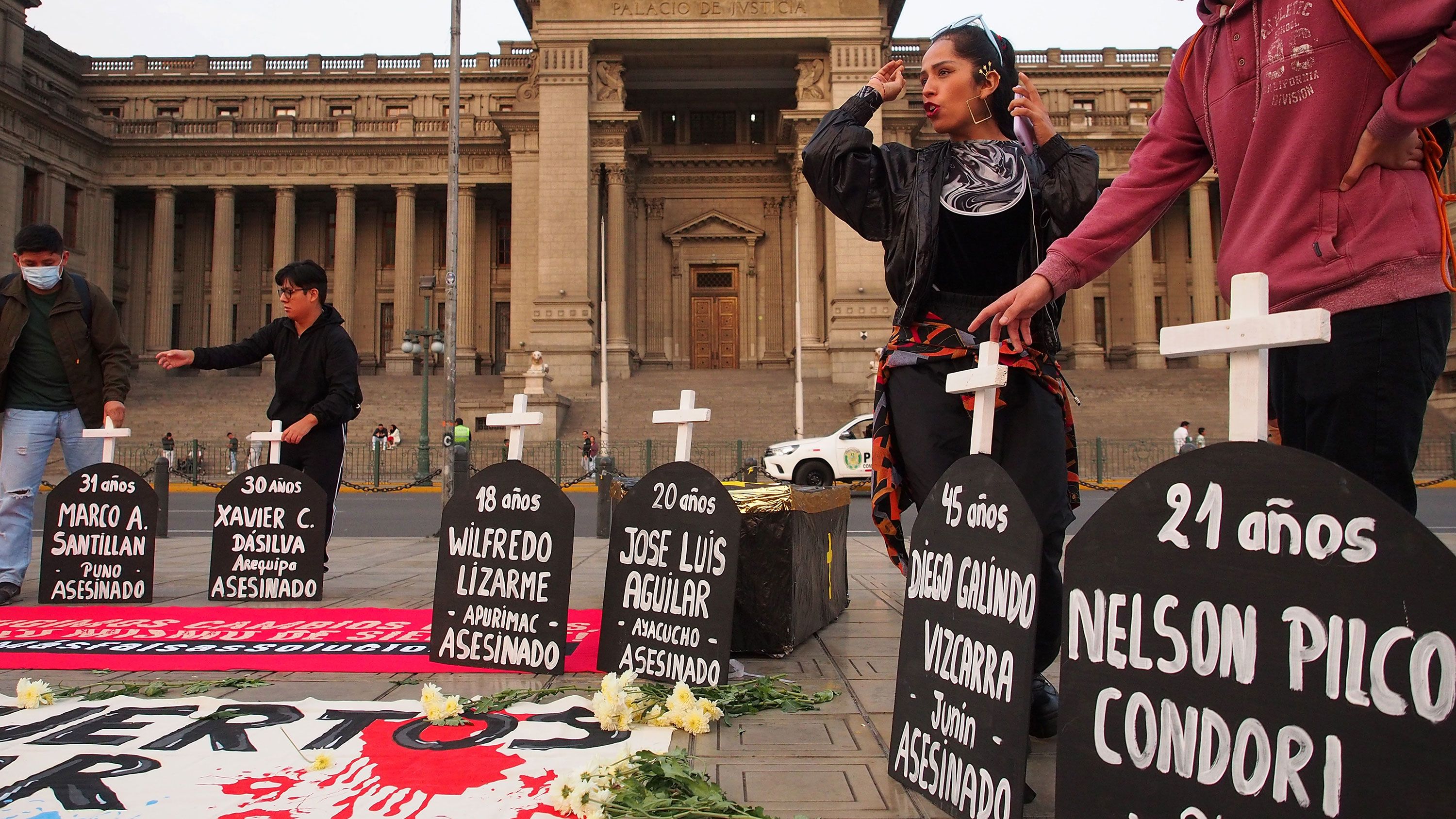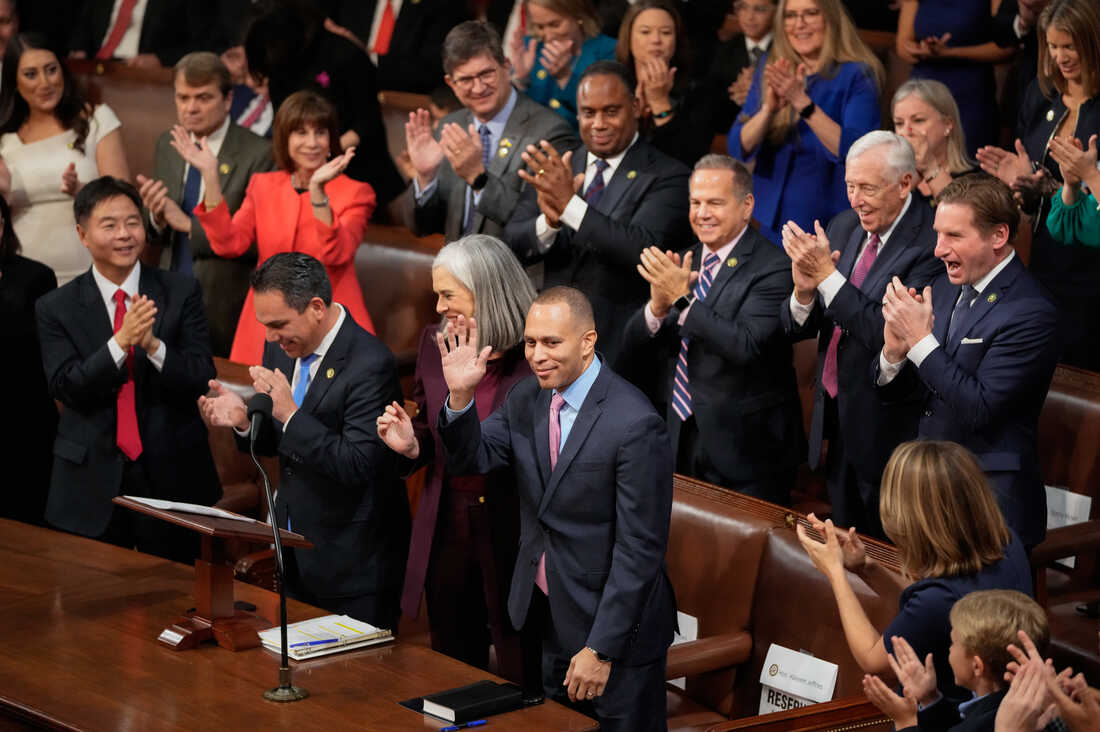On July 17, communities across the nation will rise in a powerful show of solidarity and defiance, marking the five-year anniversary of the passing of Congressman John Lewis. The event, dubbed Good Trouble Lives On, is a national day of action designed to respond to the relentless attacks on civil and human rights perpetuated by the Trump administration and his far-right allies. This moment is not just a commemoration; it is a clarion call for the American people to reclaim their power and stand firm against injustice.
Commemorating a Legacy of Courage
John Lewis, a titan of the civil rights movement, devoted his life to the struggle for justice, voting rights, and dignity for all. His mantra of “good trouble” resonates loudly today as we confront systemic inequities that threaten to undo decades of progress. As reported by the Library of Congress, Lewis taught us that nonviolent action is not just a method; it is a moral imperative. This principle is the backbone of the upcoming events, which will take place in courthouses, streets, and community centers across America.
Mobilizing for Change
The Good Trouble initiative is not merely a commemoration; it is a mobilization effort aimed at galvanizing grassroots resistance against the current political climate. The Trump administration, with its blatant disregard for civil rights, has left a trail of suffering in its wake. Research shows that collective action can be a potent force for change, especially when it is framed within the context of American values of democracy and justice, as highlighted by recent findings from UC Berkeley. This requires not just remembrance but active engagement and the willingness to disrupt the status quo.

Protest returns to Peru with fresh demands against official ...
Understanding the Landscape of Protest
There is a prevailing narrative that peaceful protests are less effective than their violent counterparts. However, as analyzed by Harvard Professor Erica Chenoweth, nonviolent movements often yield greater success in effecting societal change. The images of peaceful protesters—like those in the Civil Rights Movement—facing brutality are indelible reminders of the stakes involved. The juxtaposition of nonviolent action against state violence serves to highlight the moral high ground of those advocating for justice.
Engaging Youth and New Activists
A critical element of the Good Trouble initiative is its appeal to younger generations and new activists who seek a path forward. The participation of youth is essential—not only to honor Lewis’s legacy but to forge a future that prioritizes equity and justice. The narratives we share must resonate with the lived experiences of those who have been disenfranchised. According to recent studies, movements that combine peaceful demonstrations with strategic actions can effectively advance social justice goals. This is precisely the kind of multifaceted approach that Good Trouble embodies.

The 118th Congress is off to a historic start. See photos of the first ...
The Urgency of Now
As we approach July 17, the urgency for action becomes ever clearer. The fabric of our democracy is under siege, with voting rights being systematically eroded and civil liberties increasingly threatened. The events planned for this day will not only honor John Lewis but will also serve as a reminder that the fight for justice is ongoing and requires our collective energy and resolve. In the words of Lewis, “Never, ever be afraid to make some noise and get in good trouble, necessary trouble.”

![[Video] Anti-ICE Protester Pepper Sprayed as CBP Agents Disperse Crowd in Minneapolis](/_next/image?url=%2Fapi%2Fimage%2Fthumbnails%2Fthumbnail-1768260677127-y71sb7-thumbnail.jpg&w=3840&q=75)

![[Video] Several injured as U-Haul truck drives through Iranian protestors in Los Angeles](/_next/image?url=%2Fapi%2Fimage%2Fthumbnails%2Fthumbnail-1768176682028-q95y6j-thumbnail.jpg&w=3840&q=75)
![[Video] Scuffle breaks out between Trump supporters and Anti-ICE protesters in Times Square](/_next/image?url=%2Fapi%2Fimage%2Fthumbnails%2Fthumbnail-1768165958203-hgcgb-thumbnail.jpg&w=3840&q=75)


![[Video] Gunfire between Iraqi security forces and Sadr militias in Baghdad](/_next/image?url=%2Fapi%2Fimage%2Fthumbnails%2Fthumbnail-1768343508874-4redb-thumbnail.jpg&w=3840&q=75)
